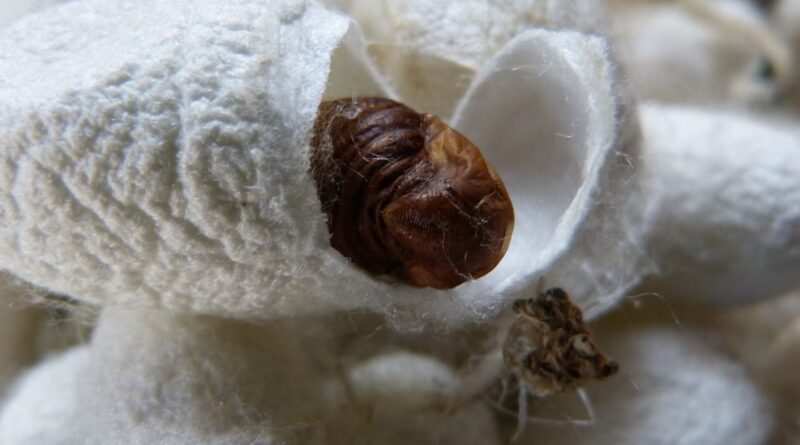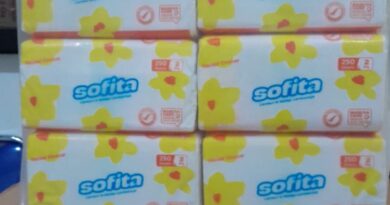Ruling on the Use of Silkworm Cocoons for Cosmetics
Considering that Islamic teachings encourage adornment (tazayyun), and cosmetics have become part of the necessities of human life. The cosmetics used by every Muslim must be made from pure and halal materials. Industrial development has produced various cosmetic products, some of which use silkworm cocoons, and therefore questions arise regarding the law of using silkworm cocoons in cosmetic products.
Ibn Hajar al-Haitami stated in Tuhfah al-Muhtaj fi Syarh al-Minhaj, 1357 AH/1987 CE, Volume VIII, page 258:
“Embellishing rugs and furnishings is permissible, as is decorating the house with various facilities that are used in the house, various vessels and so on. In fact, avoiding the use of silk is specific to the use of the body. Hence it is permissible to use silk for rugs to sit on. Ibn Rif’ah stated that it is not permissible to use silk that is attached to the body, because it is similar to clothing.”
Silkworm cocoons are white, oval-shaped cocoon bags made of natural silk threads formed from silk gland fluid secreted through spinnerets.
Cosmetics are materials or preparations intended for use on the external parts of the human body (epidermis, hair, nails, lips and external genital organs) or teeth and oral mucous membranes primarily to cleanse, perfume, change appearance and/or improve body odor or protect or maintain the body in good condition.
Silkworm cocoons are sacred. In the event that silkworm cocoons are mixed with impurities, they must be purified shar’i before being processed into cosmetic ingredients. The use of silkworm cocoons for cosmetic purposes is permissible (mubah), as long as there is no harm.
May it be useful
Halal is Our Need, Our Quality and Our Choice
Source: MUI Fatwa No. 22 of 2021




